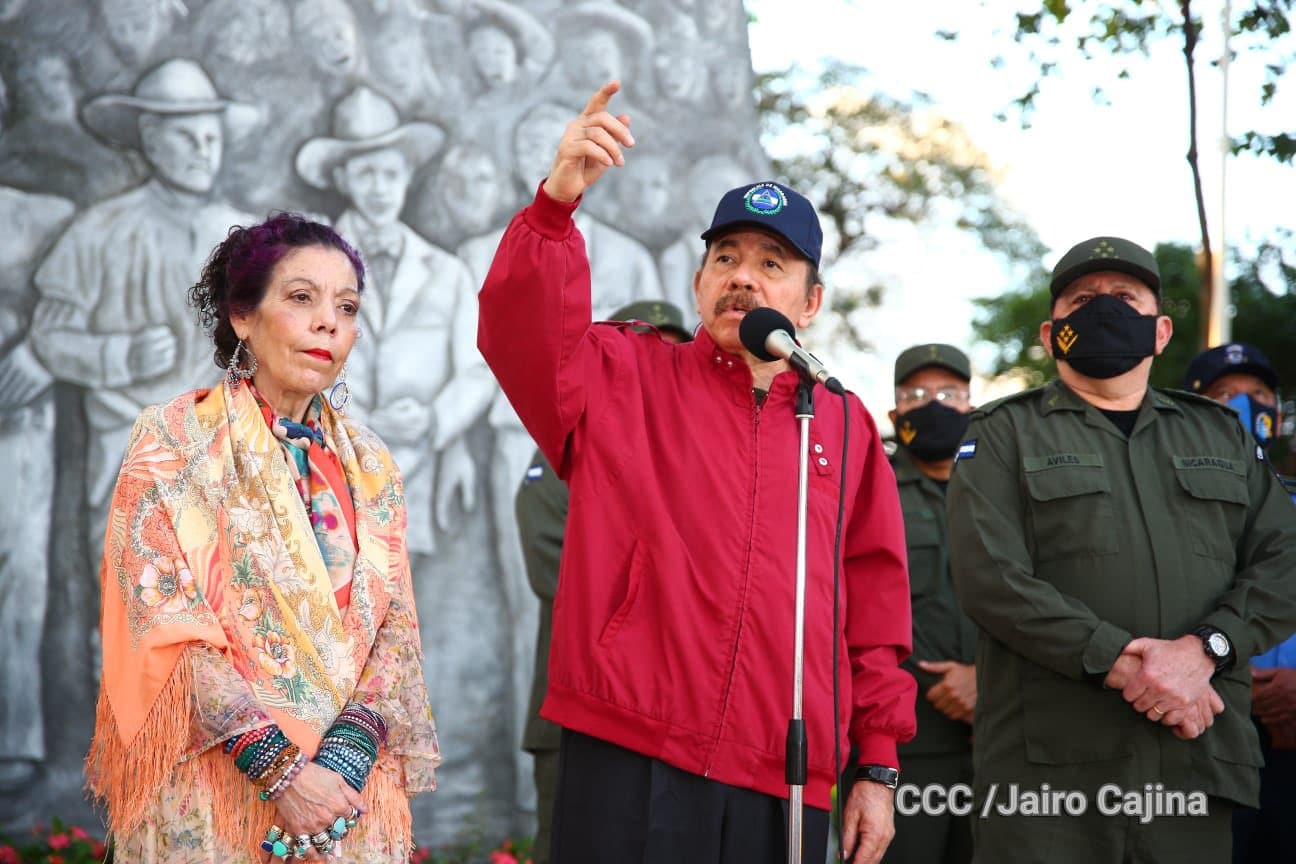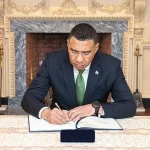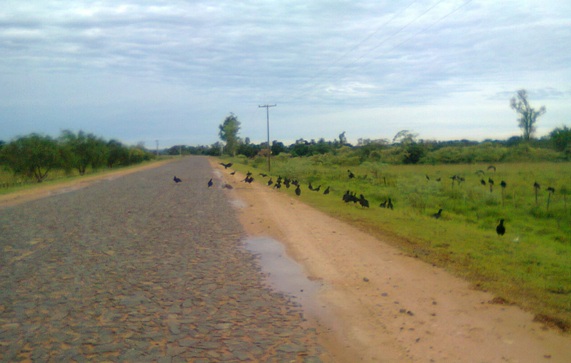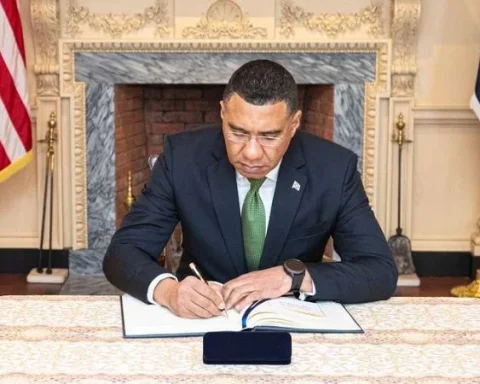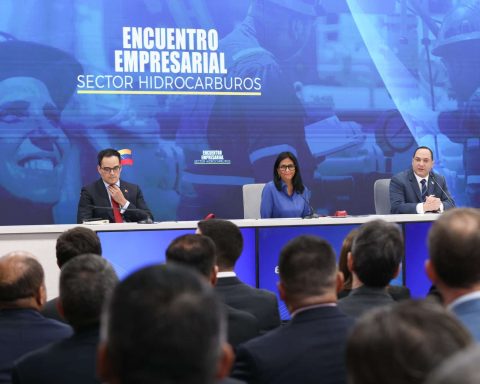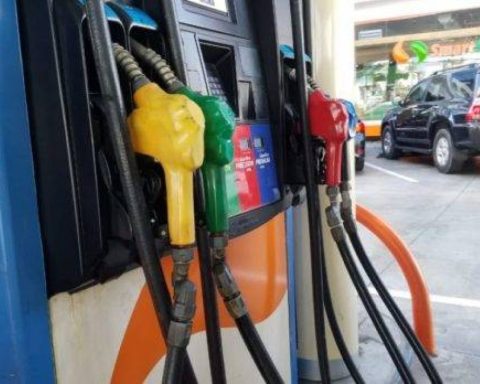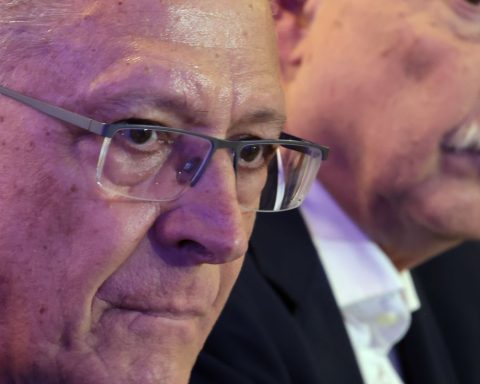The meeting promoted by the leadership of the Central American Bank of Economic Integration (CABEI) with Nicaraguan businessmen and the regime of Daniel Ortega, as well as the failed rapprochement with the United States Government, show that Ortega continues without control of the sociopolitical crisis in Nicaragua and, in its “desire to normalize” The situation has turned businessmen into their “economic hostages”, valued national analysts.
The economist and former deputy, Enrique Sáenz, pointed out that “it is evident” that the Nicaraguan businessmen “have a gun to their heads.” Since they are “harassed” by the General Directorate of Revenue (DGI) and have to pay high electricity rates and exorbitant fuel prices. So, he warned, “it’s hard to judge” whether they decide to participate in financing offered by CABEI.
“Lor what is evident is Ortega’s claim to find a way to break the opposition bloc, even with these kinds of feints,” said Sáenz. POn the other hand, there is “the desire to pretend that there is a process of economic normalization, that what it does is —like the negotiations with the US government— confirm that the economic situation is still not under Ortega’s control and that he needs to give these signs of normality and that things are on the right track,” he added.
For the former liberal deputy and political analyst, Eliseo Núñez, the businessmen who participated in that meeting with the regime they have to be clear that Ortegaism “is capable of anything and has no scruples. If they are clear about it, they can go ahead, “but if they think this is going to be part of a clean slate, they are very wrong and Ortega is going to make them pay,” she stressed.
The Ortega regime “does not want businessmen as partners, it wants them as hostages,” said Núñez. “In this case, they are not hostages like those who are in El Chipote prison, but rather they are economic hostages and if they stop serving him, as economic hostages, they will become hostages in El Chipote because Ortega has no scruples and has no no interest in keeping their word,” he continued.
Rapprochement with the US is no more
On the other hand, the failed rapprochement with the US promoted by Laura Ortegason of the ruling couple in Nicaragua, is seen by analysts as “a miscalculation” by the regime, to “shake off” the US sanctions at a time when they felt they were “losing ground” at the international level.
These negotiations with EUSA “they have already been interrupted,” warned Núñez. However, in this approach Ortega’s regime sought “to ease sanctions in exchange for political prisoners” and The reason why they approached is that “they see that the panorama with Russia and Ukraine in Latin America has become, for them, very uncertain and they need to have something concrete,” he said.
“It is not by chance that these rapprochements are almost parallel to the rapprochements that exist in Venezuela. They (Orteguismo) for a moment were afraid of being left without an international floor, but when they saw that the floor had been made up for them, because Venezuela did not reach such an open agreement with the United States and Cuba was in negotiations without any hurry, then they closed again,” explained Núñez.
Sáenz, for his part, pointed out that the failed rapprochement with the US means that “the sanctions on the fortune accumulated by the family in power hurt and that is why they try to shake them off.” The regimen of OOrtega is clear that “he made a miscalculation” by aligning himself with Russia and that this situation “it has deepened their international isolation,” he stressed.
Symptoms of the crisis
Another evidence of the political, economic and social crisis facing the dictatorship is that approximately 3% of the Nicaraguan population left the country only in the second half of 2021. Migration that the economist described as “a tragedy for families” what is on the way to becoming “the greatest tragedy in the history of Nicaragua.”
The data corresponding to the first three months of 2022 show that the tendency to migrate “is growing rapidly,” Sáenz warned. “If this trend continues throughout 2022, by the end of the year we will have between 7 and 8% of the population having left the country,” he added.
“Ortega encourages this hemorrhage (migration), first because it takes pressure off in a situation of unemployment and underemployment, it takes pressure off in a situation of low wages and high cost of living, it takes pressure off because those who leave are mostly opponents and it takes pressure off because at the end of a few months they are transformed into remittances”, explained the economist.
Meanwhile, in the interior of the country, the Ortega movement continues its onslaught against non-governmental organizations, for which, Núñez warns, “it is eliminating any possibility of association” in Nicaragua and building a country design “that allows absolute social control”.
